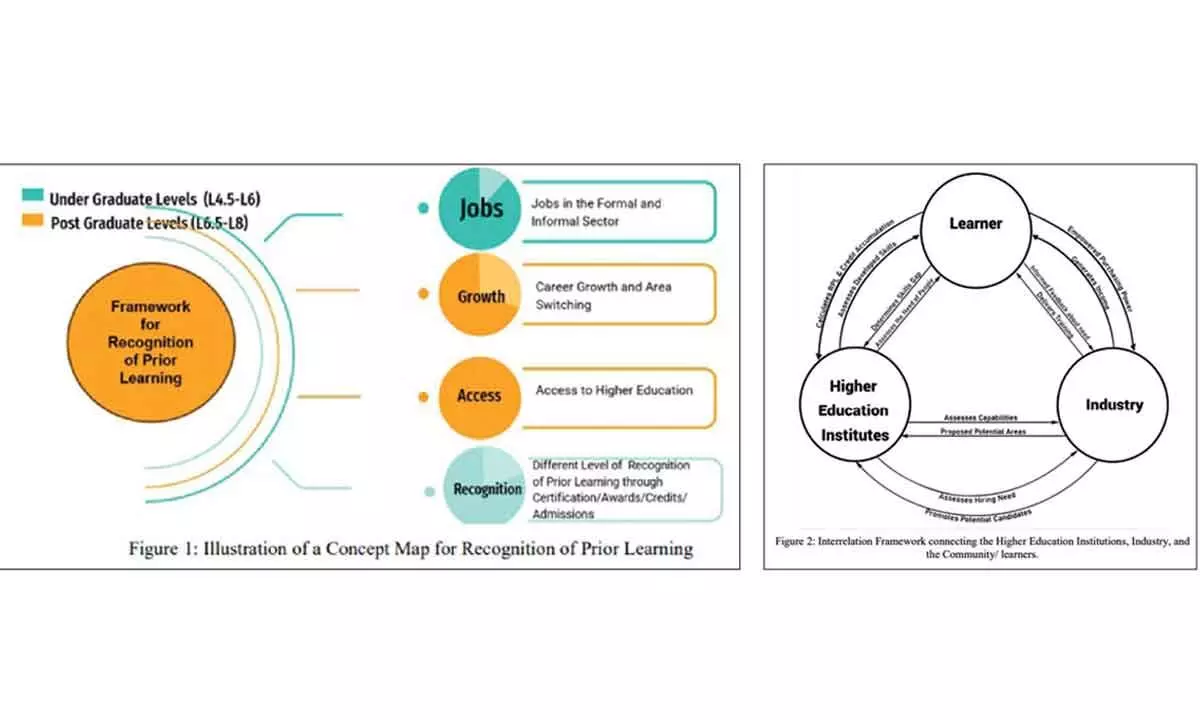Live
- Atul Subhash’s Suicide Sparks Outrage; Estranged Wife, Judge Accused of Harassment
- Malaria cases, deaths in India decline by 69pc between 2017-2023: WHO
- ED raids three places in Bengal in online forgery scam case
- Manchu Manoj Questioned by Police Amid Family Dispute
- Bengaluru: IMD Issues Yellow Alert Amid Upcoming Rainfall
- Manchu Vishnu Addresses Media, Clarifies Incident Involving Mohan Babu
- HPCL inks pact with Sea6 Energy to convert seaweed biomass into fuels
- Numaish 2025: Hyderabad’s Grand Exhibition Kicks Off in January – All You Need to Know
- There will be opportunities from every crisis, says CM Chandrababu at collectors' conference
- Women now own 20.5 pc of MSMEs in India, startups surge in tier 2 and 3 cities









